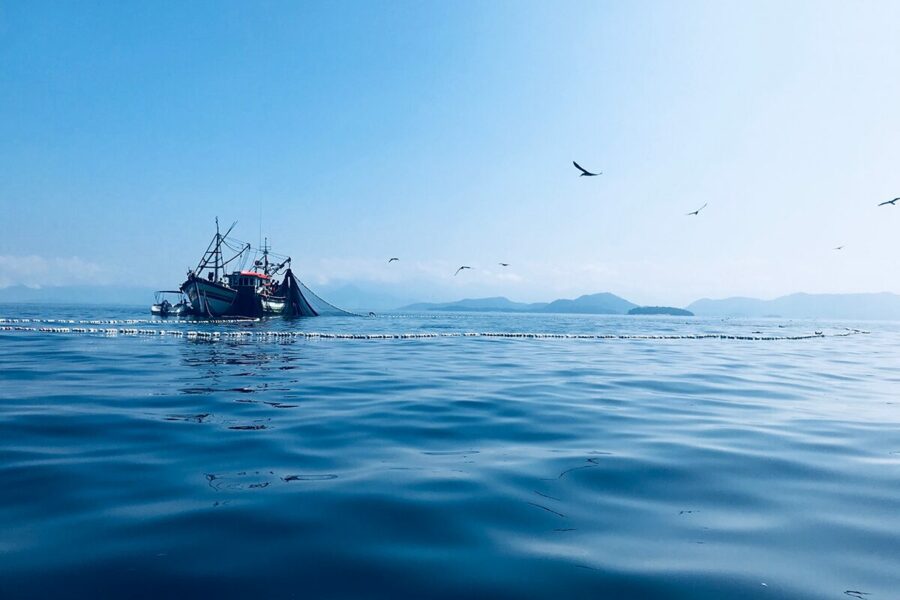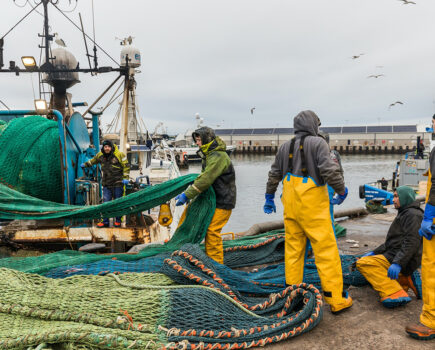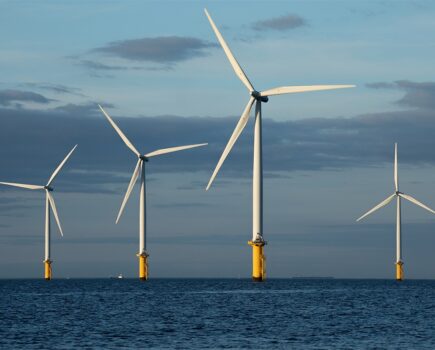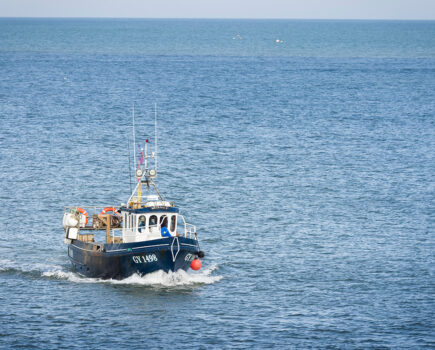An influential House of Commons select committee has called for a ban on bottom trawling in offshore Marine Protected Areas (MPAs) in England.
The cross-party Environmental Audit Committee – whose remit is to report on how government policies contribute to environmental protection and sustainable development – made the recommendation in a report published on 5 June.
It calls for a ban on ‘seabed-damaging practices’ – which would include bottom trawling, as well as dredging and mining for the purposes of moneral extraction by the marine aggregates trade – within the boundaries of all offshore MPAs in English waters. This would apply regardless of a site’s protected features – their reason for designation – which may relate to species such as seabirds and porpoises, and not to the seabed.
The committee report argues that the government’s ‘failure to effectively manage gaps in the network of Marine Protected Areas’ is allowing activities to take place which ‘undermine the very objectives that MPAs were established to address’.
The committee’s chair Toby Perkins, Labour MP for Chesterfield, said: “UK waters are teeming with complex ecosystems that are not only precious in their own right but also critical to sustaining the delicate balance of marine life. Ministers must ensure that Marine Protected Areas live up to their name.
“Activities with the potential to seriously damage marine environments, such as bottom trawling, risk slipping through the regulatory net. While such activities do not need to be banned everywhere, in areas where marine life is most at threat we need to take more advanced action.
“Ministers have all the information they need to press ahead with banning bottom trawling in the offshore protected areas where it presents the most risk. Why the delay? Our oceans cannot afford any more prevarication. It is time to act. Doing so would send a clear signal ahead of this month’s UN Oceans Conference that the UK is serious about protecting valuable ecosystems in our waters.”
The report refers to the ‘effectiveness of a whole-site approach to marine protection’ and recommends that the government expand the network of Highly Protected Marine Areas (HPMAs) to 10% of UK waters by 2030.
Citing their effectiveness in marine nature recovery, the committee says that the plan to designate more HPMAs should be published by January 2026. It also suggests that the UK Government should consider using the UK Marine Policy Statement to set ‘indicative targets’ for the devolved administrations on HPMAs.
Asked by Fishing News about the committee’s call for a trawl ban, a Defra spokesperson said: “Our precious marine animals and habitats have been under threat for too long. This government is committed to protecting and restoring our oceans to good health.”
Defra is currently undertaking a review of the English MPA network which will explore ways to update protection and management approaches. There are currently 178 MPAs covering nearly 900,000km2 of English waters. Defra has previously stated that 60% of English MPAs are protected by fisheries byelaws preventing ‘damaging fishing activity’.
A campaign to ban bottom trawling in MPAs by environmental NGOs Greenpeace UK, Oceana UK and the Blue Marine Foundation has stepped up since the release of Ocean with David Attenborough
and ahead of the UN Ocean Conference taking place in Nice from 9 to 13 June, which Defra secretary Steve Reed and minister Emma Hardy will attend.
The Environmental Audit Committee’s report, entitled ‘Governing the Marine Environment’, contains 28 ‘conclusions and recommendations’ spanning marine governance and stakeholder engagement, marine planning, marine protection and recovery, and international marine treaties.
The UK Government has two months to respond to the recommendations.
This story was taken from the latest issue of Fishing News. For more up-to-date and in-depth reports on the UK and Irish commercial fishing sector, subscribe to Fishing News here or buy the latest single issue for just £3.50 here.
Sign up to Fishing News’ FREE e-newsletter here.








